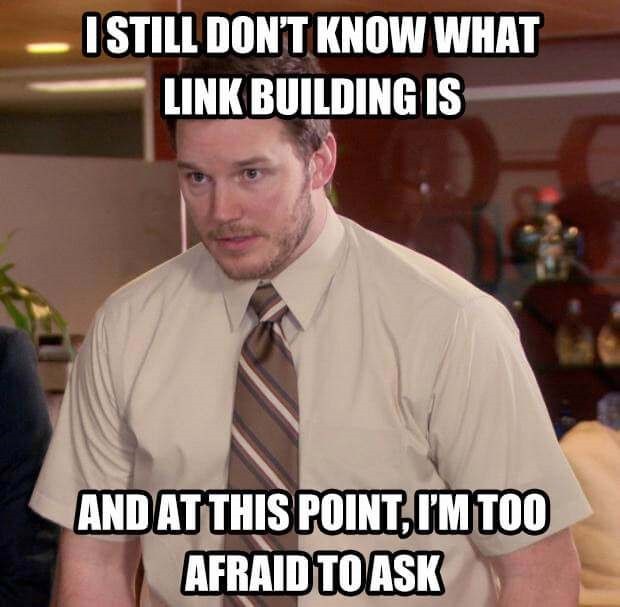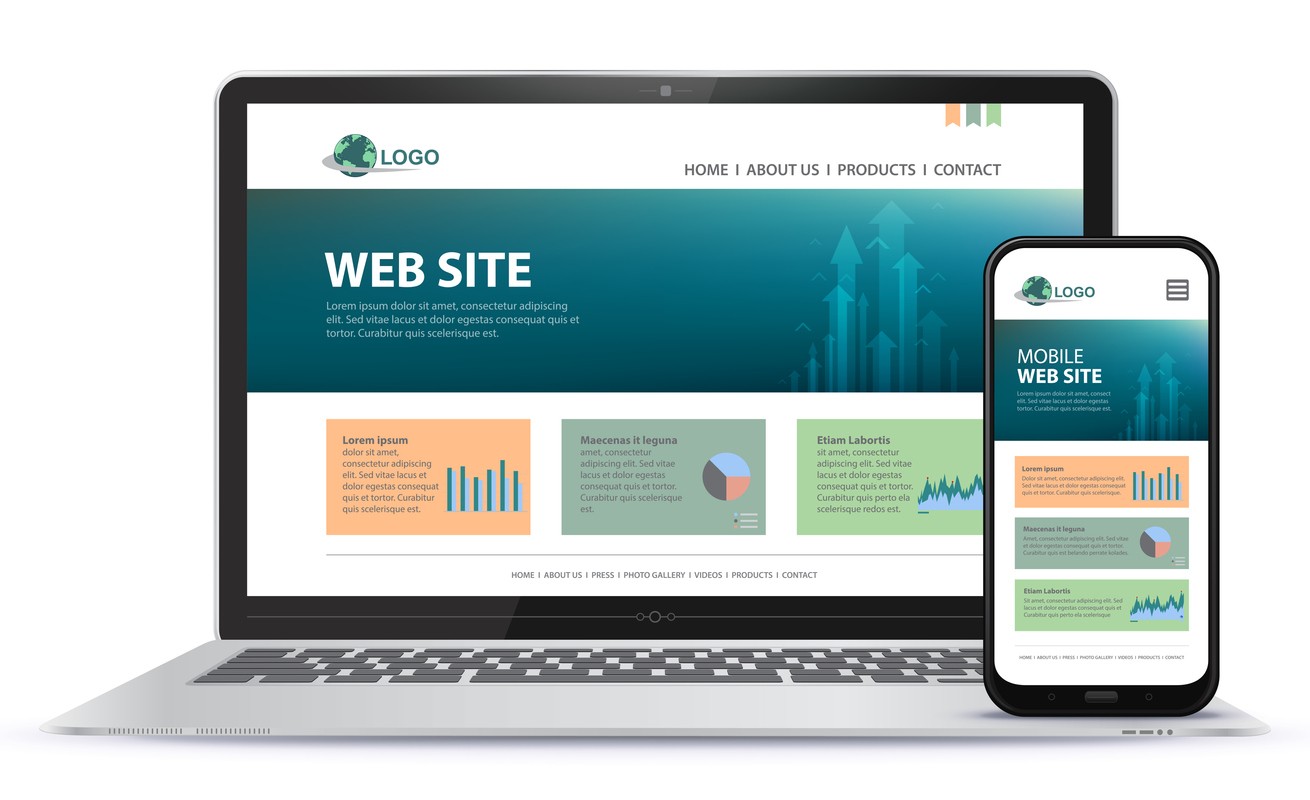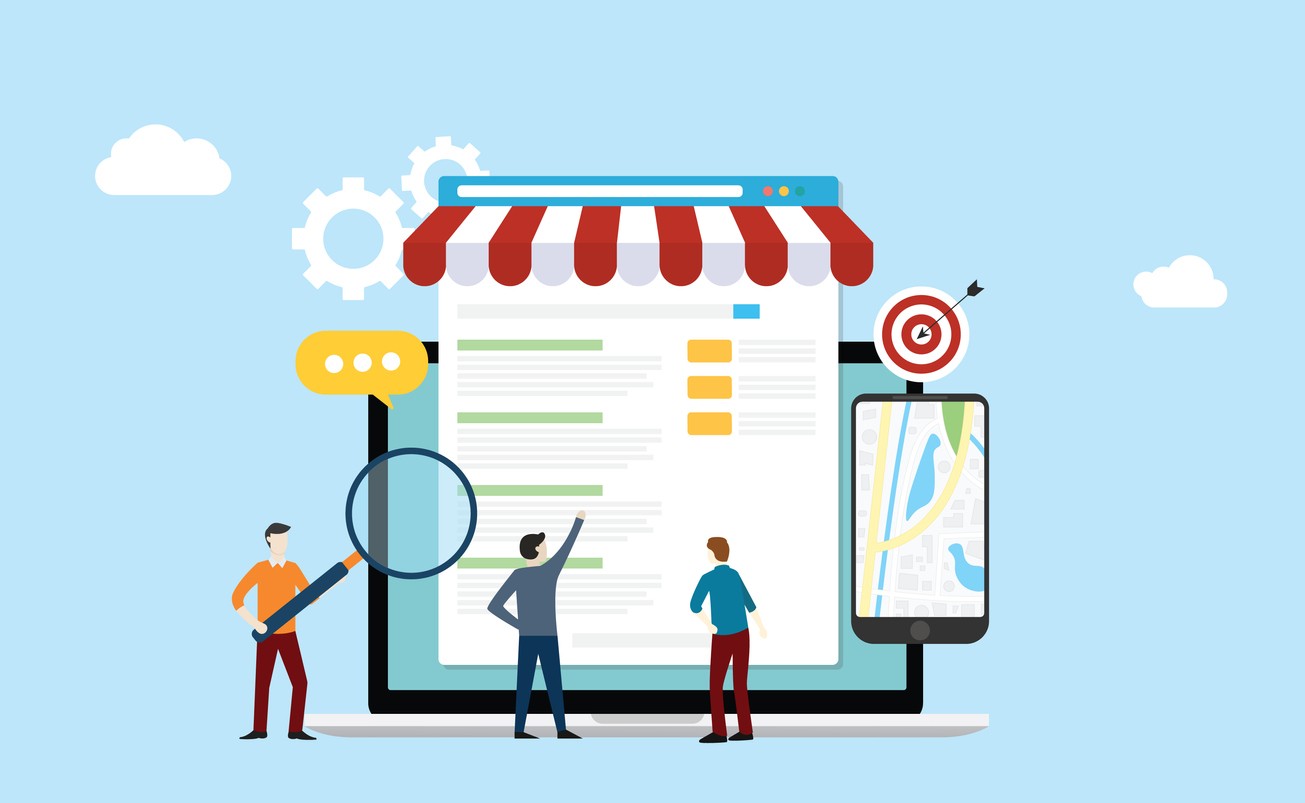
Creating a successful website is kind of like running a circus where SEO and UX are your star performers. SEO attracts the audience, making sure people know about the show and come in droves. UX, on the other hand, is all about keeping the audience entertained, ensuring they enjoy every moment and want to come back for more.

Whether you're a seasoned marketer or just dipping your toes into the marketing pool, it's crucial to spread your efforts across multiple platforms.

Just because a visitor is not ready to make a purchase as soon as they find your business online, that doesn't necessarily mean that you’ve lost that customer forever! Through the power of remarketing, you can coax those customers back to you and convert them into happy first-time customers.

We’re all fairly familiar with automated review request phone calls from large companies at this point. And while they feel a little impersonal, they serve their purpose. But I’m going to tell you the story of a review call gone wrong, and how even the big box companies can flub their review process through poorly designed automations.

When you ask a local search engine optimization company for surefire ways to improve your rankings, they will almost always tell you one of two things: get more backlinks and get more reviews.

In today's fast-paced, digitally driven world, businesses are increasingly turning to digital marketing as a powerful tool to connect with their target audience, build brand awareness, and drive business growth. But what exactly is digital marketing?

So, you're thinking about selling your business? That's a big move, and we're sure you've got a lot on your plate right now. Before you dive into the nitty-gritty of valuations and negotiations, let's talk about something that's often overlooked but incredibly important: your website and marketing assets.

If you're looking to optimize your online presence, you've likely come across the importance of your Google Business Profile (formerly known as Google My Business and even earlier Google+/Google Places).

Whether you're working with a local small business digital marketing agency or managing things in-house, you should know that two key elements can make or break your online success: User Experience (UX) and Conversion Rate Optimization (CRO).